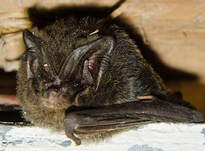 Barbastella barbastellus - By Jean Roulin, recadrage - httpscommons.wikimedia. orgwindex.phpcurid=90445870 Barbastella barbastellus - By Jean Roulin, recadrage - httpscommons.wikimedia. orgwindex.phpcurid=90445870 Bats do a very useful job - along with swifts, of course - in consuming huge numbers of insects many of which would otherwise make our lives a misery and damage our garden flowers or farm crops. But many species of bat are seriously endangered, often (same as swifts) because of lack of accommodation, as older buildings are put to better use, demolished or improved. But (again, like swifts) you can help! Barbastelle are a woodland species and the The Vincent Wildlife Trust has established a project to improve understanding of colony distribution There are opportunities for volunteers to collect baseline activity data using acoustic methods and also as base coordinators. The information collected may also identify woodlands containing previously unknown colonies. Wiltshire is one of four areas chosen for this and there is a VWT webpage here where you can find all the information you might need. Meanwhile, you can learn more by attending a Zoom talk this Wednesday 31 March, for which go to https://www.eventbrite.co.uk/e/139729983141 (where there's an even more flattering photo). 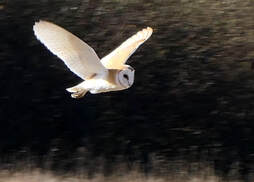 I had no idea, when I posted Andrew Carter's lovely series of photos of the barn owl near Tisbury, that they are found worldwide 'in deserts, in cities, or deep in the rain forest.' But I'd not read what sounds like an amazing book that summarises studies carried out between 1853 and 2018. With beautiful hand illustrations of every aspect of their lives, it would be quite some Easter present - for yourself, or someone close enough to allow you to read it, too? Barn Owls - Evolution and Ecology is available here from the NHBS. PCSO Neil Turnbull & PC Richard Salter, Wiltshire Police - Rural, wildlife and heritage crime18/3/2021
Tisbury's local PCSO Neil Turnbull, who is based at the Nadder Centre, and his colleague PC Richard Salter described how the Police are working against wildlife crime as part of a national policy that includes all kinds of rural and heritage crime. The slides used for the presentation, including links to videos on Stopping badger crime, rural Theft and Hare coursing are here. Wildlife crime includes badger, bat and raptor persecution, deer, fish and freshwater mussel poaching and hare coursing. The statistics are of course pretty alarming in terms of the cost to businesses and homeowners in rural areas, and one of the problems is that it's under-reported. However, there is a nationwide policy agreed by the National Police Chiefs Council which is addressing the problem head on. For example, Richard described the current Operation Artemis focusing on the A303 in the Hindon area. The A303 is popular as an access and potentially quick getaway route with criminals who come from all parts of the country. Because of this, the Police flood a one particular area with vehicles and officers and if they spot a car that fits a certain profile - eg a remote registration address or no insurance - they can take appropriate action to prevent the coursing or other crime. As well as the local Police, they can also call on the MOD Police for assistance, who have the same powers of arrest etc. 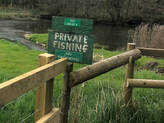 And we can help with reporting: I was once walking near Fovant, and saw a number of cars entering a field with dogs running about. I suspected it might be hare coursing but didn't know what to do. Now I do: I should have rung 999, which you do to report a suspected crime actually taking place. Richard told the tale of a farmer in the Wylye Valley who had spotted hare coursing and did just that. A helicopter was called in that followed the cars up onto Salisbury Plain. There, the drivers swopped vehicles and set off down the A36 - into the arms of Salisbury Police who had been mobilised to catch them. They also explained how on mainland Europe rivers and their stock are not generally in private ownership, so anyone can fish. Here, I guess most people know this isn't the case, and there are often signs saying such and such a location is only for members of a fly fishing club. The Police are working with the Angling Trust and Water Bailiffs to counter this. As well as birds, butterflies and bees are also now venturing out. Andrew Graham spotted small tortoisehells and a peacock at the top of the meadow that slopes down from Weaveland to the Oddford Brook, and Tim Jones reports them also in the Allotments, and a brimstone near Cuffs Lane. I had several small tortoiseshells trying to hibernate in my house in the autumn, but I encouraged them out on warm sunny days to find somewhere more appropriate. But a peacock obviously took up residence in my garage around that time - and it 'sleep-walks' rather disconcertingly. Do they do this throughout, or is it a sign it's waking up, I wonder? Then there's bees - we're encouraged to plant winter-flowering plants such as hellebores and honey bees have certainly enjoyed mine. And Dick Budden found this plump buff-tailed bumblebee queen enjoying his.
Please do let me know of anything you find and send in photos too, it's great to have your contributions. Lovely snippets and snaps coming in from all over. Click on all the photos to enlarge and scroll through. Chiffchaffs, those jolly harbingers of spring as they return from mainland Europe, have been heard off Hindon Lane. This is a lovely video-recording from CenterParcs: couldn't be much clearer who's calling! Not just springing, but something of an excitement: a rare sighting by Abby Eaton on the lake below Wardour, of a ferruginous duck - a most handsome creature - that warranted reporting to Rare Bird Alert as well as Wiltshire Ornithological Society. Ferruginous means containing iron oxides or rust, and some photos show the duck positively glowing, but this is what Abby saw, in case you see it too Hopefully, after Andrew Graham's session in May, we'll all be able to do our bit recording as well. Abby also caught this de-lightful long-tailed tit carefully preparing wool for its nest - wouldn't I just love to find that nest?! I carry home lamb's wool I find when out walking, and put it out in my garden hoping some bird will find it useful. And a lovely shot of a female goosander showing off her spring finery to what maybe a rival but who doesn't look terribly impressed! And Debbie Carter spotted this male chaffinch on its lovely mossy perch. Here's a recording of its song. And the elegant collared dove - I always think of them as summery birds, but in fact they've been resident and breeding here since 1955.
The next in Messums' series of Wednesday evening Active Environmentalism talks is by Beccy Speight, Chief Executive of the RSPB. The subject's close to home: 'What our migrating and permanent residents tell us about wider changes to the environment.' Free to members but you need to register or buy a ticket here.
Close to home because our own project, to support and increase our population of nesting swifts, is progressing excitingly towards installing nest boxes. If you are interested in helping with this in any way - hosting a nest box, surveying active sites in the summer - please email [email protected]. And maybe we'd not thought of starlings as migrants, but some are - there's this piece in The Guardian about unusually large murmurations as some are fleeing exceptionally cold weather further east. BBC Radio 3 is even getting in on the act, with an item helping us identify garden birdsong just before 8am on Sundays for the next 10 weeks. And there's a wonderful series of recordings by Geoff Sample as well - originally broadcast as an audio night-cap, perfect. o The full programme of events - 'IN'-door talks either via Zoom (or, as on 18 March, Microsoft Teams or who knows what other platform a speaker may be required to use) or 'OUT'-door Field Trips, is now published. The programme is downloadable here as a PDF document and the events are also listed on the Talks or Field Trips page, where more detail is included as it becomes available. The download includes the programme for Young Nature Watch - go to that page for a much prettier version, and where more detail will be provided as it is made available.  Brown hare on the run - Photo: Abby Eaton Brown hare on the run - Photo: Abby Eaton The next online talk is on Thursday, 18 March at 7.30pm. The subject is Rural and Wildlife Crime, led by the Tisbury PCSO Neil Turnbull. Members who have paid their 2021 subscription of £10 will be emailed the link for this, guests please email [email protected] to pay £2. The huge tree trunks you may notice laid across field entrances are there to deter hare coursing - of which there was a case near Lawn Farm only a few weeks ago. Neil will tell us what the team of more than 20 officers in Wiltshire alone, are doing to prevent this and other forms of rural crime. 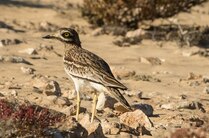 Photo: Hobbyfotowiki - Own work, CC0, httpscommons.wikimedia.orgwindex.phpcurid=75089243 Photo: Hobbyfotowiki - Own work, CC0, httpscommons.wikimedia.orgwindex.phpcurid=75089243 Zoom talks look like being part of our lives for some time to come - maybe even when we're back to welcoming a live audience again, there may still be people who find it more comfortable or convenient to watch at home. So we're now trying to record all the talks - this won't always be possible, but Nick Tomlin's talk about the recovery of the population of our stone curlews is now available on the Talks/What you missed page. The poor thing is known for its 'thick knees' and looking in its distinguishing golden eye was believed to cure jaundice. Enjoy! Some people have all the luck - or is it luck? For Andrew Carter to be out within the bounds of Tisbury at 10.30 in the morning and get this wonderful fly past of a barn owl - and have his camera at the ready - maybe needs more than that. Just click on the first photo and scroll through for the full effect.
|
Photo: Avocets (Izzy Fry)
The headers display photos taken by our members. Do get in touch via the Contact Form if you'd like to submit a photo for selection.
Archives
May 2024
Categories
All
|
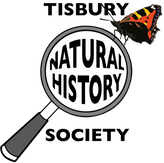
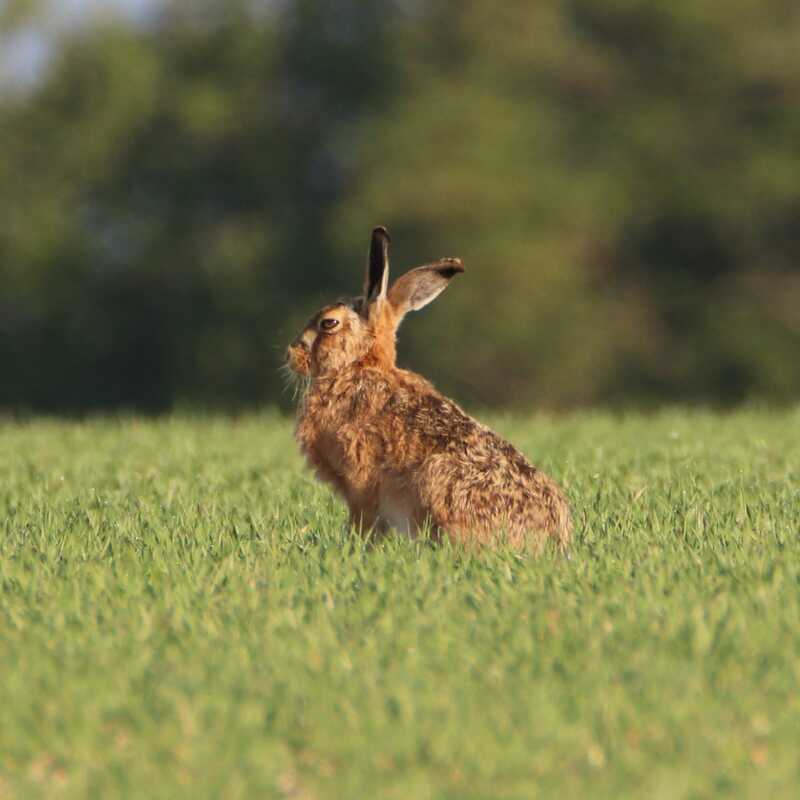
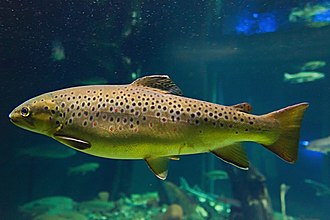
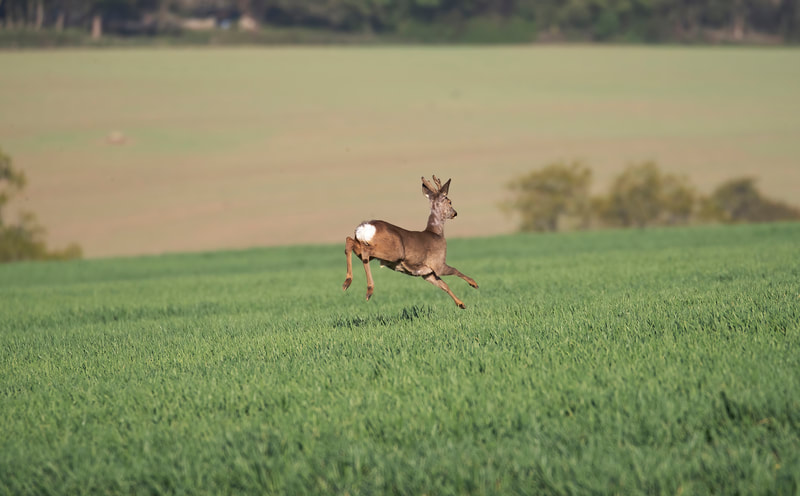

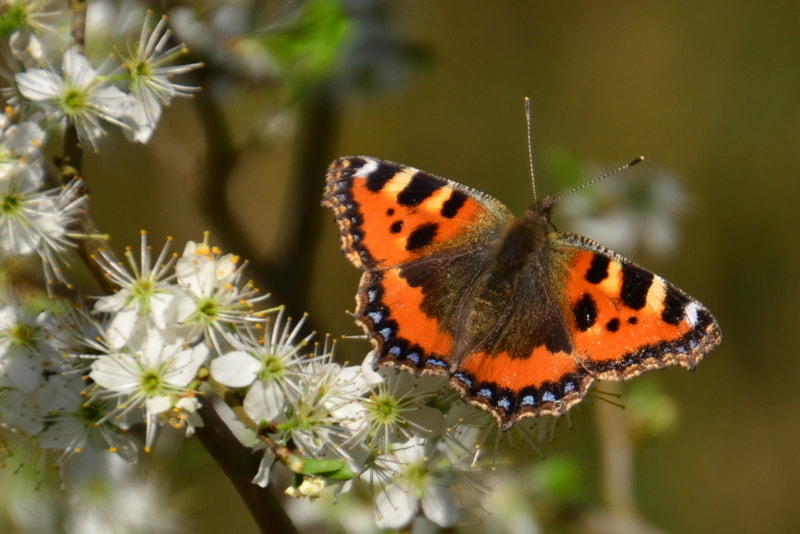

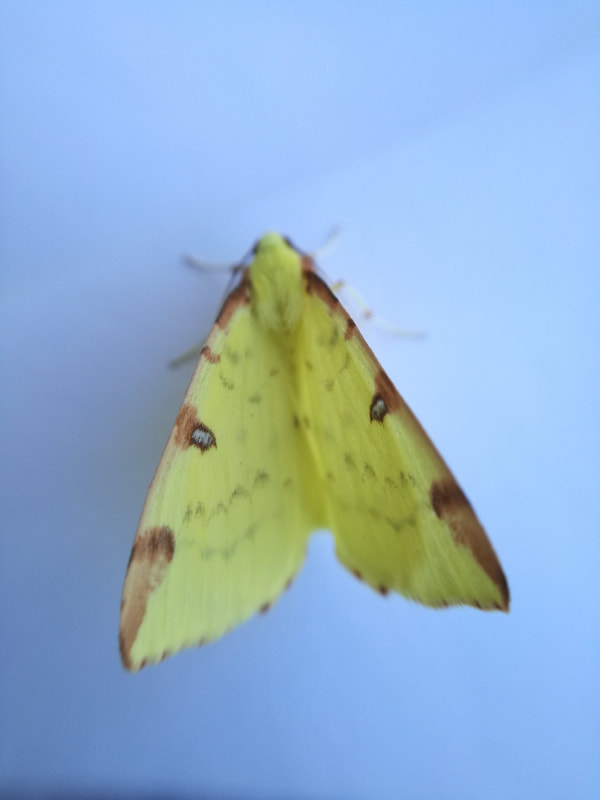
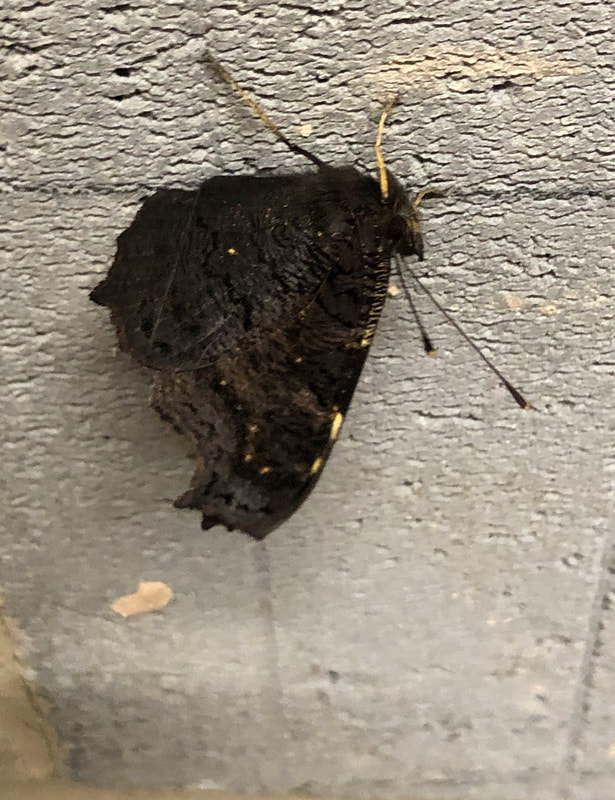
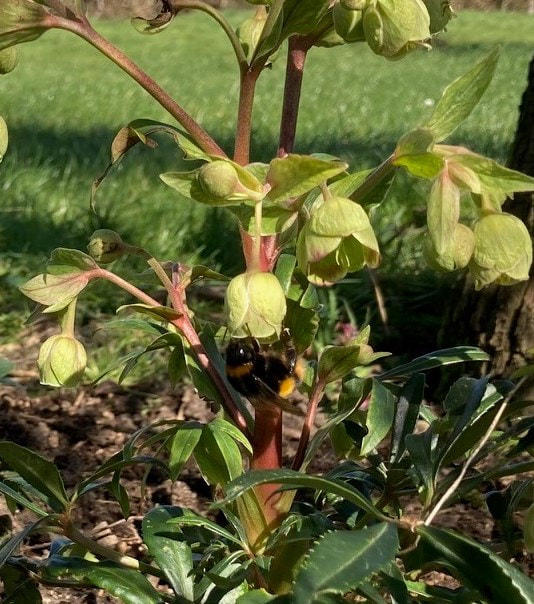
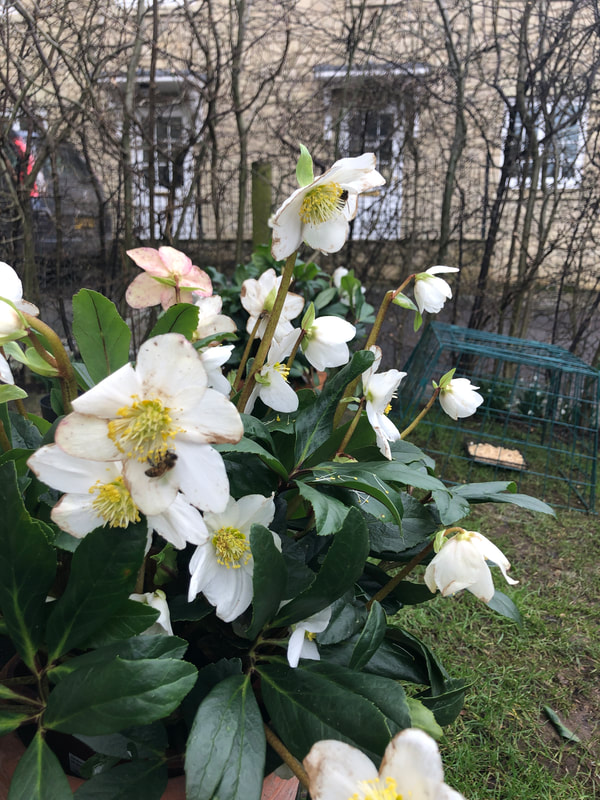
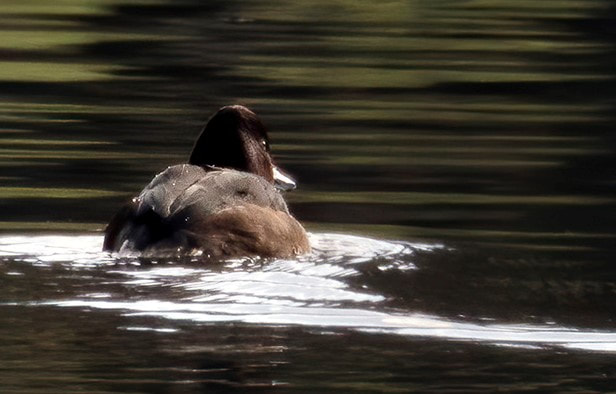
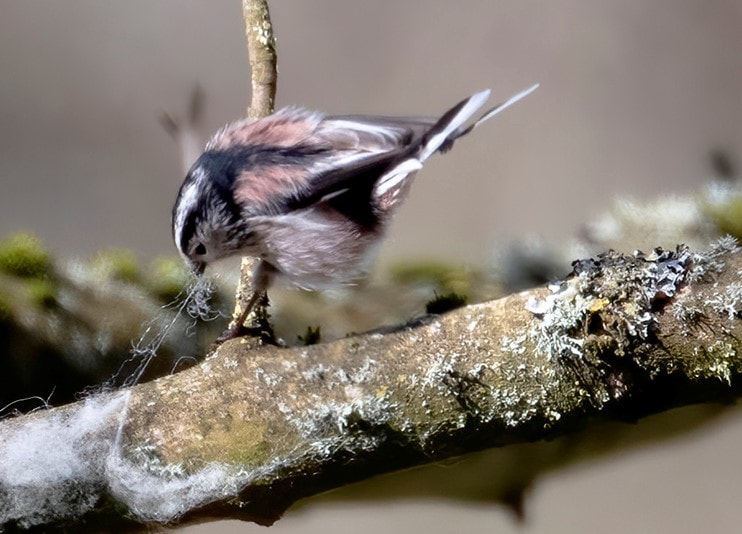
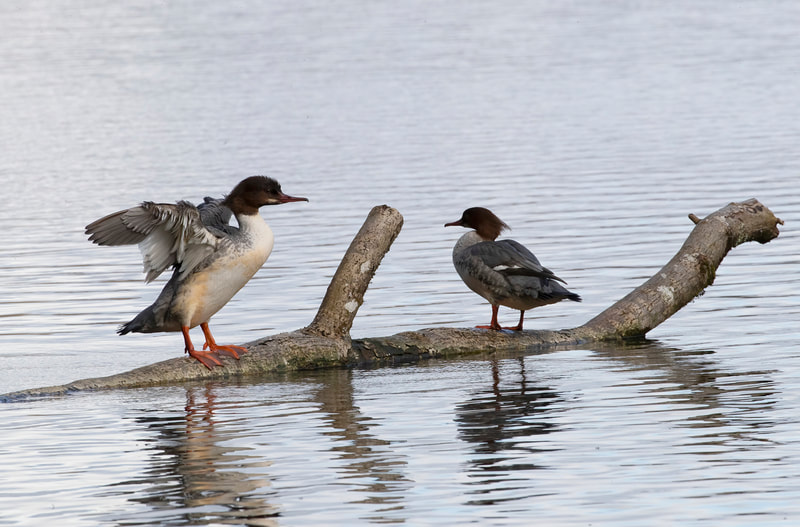
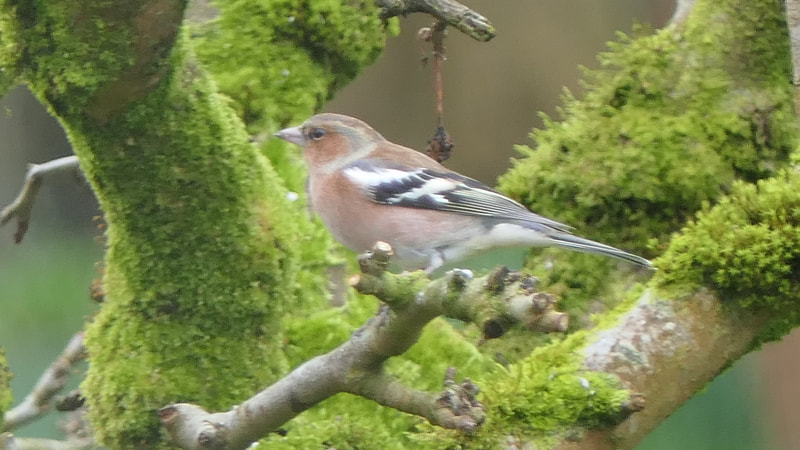
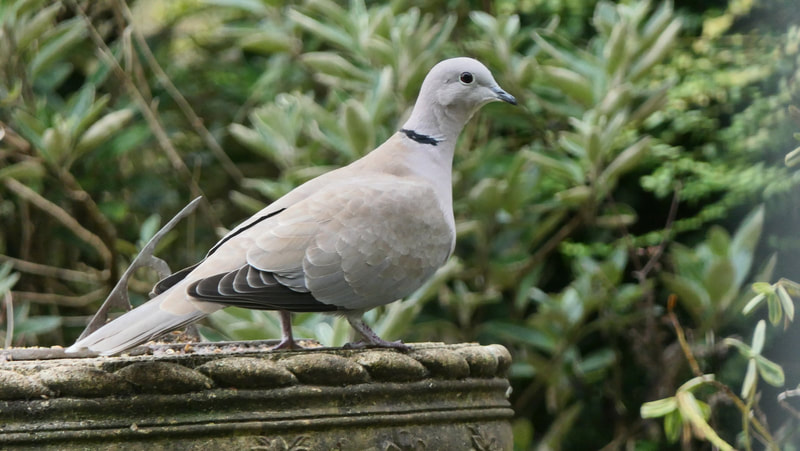
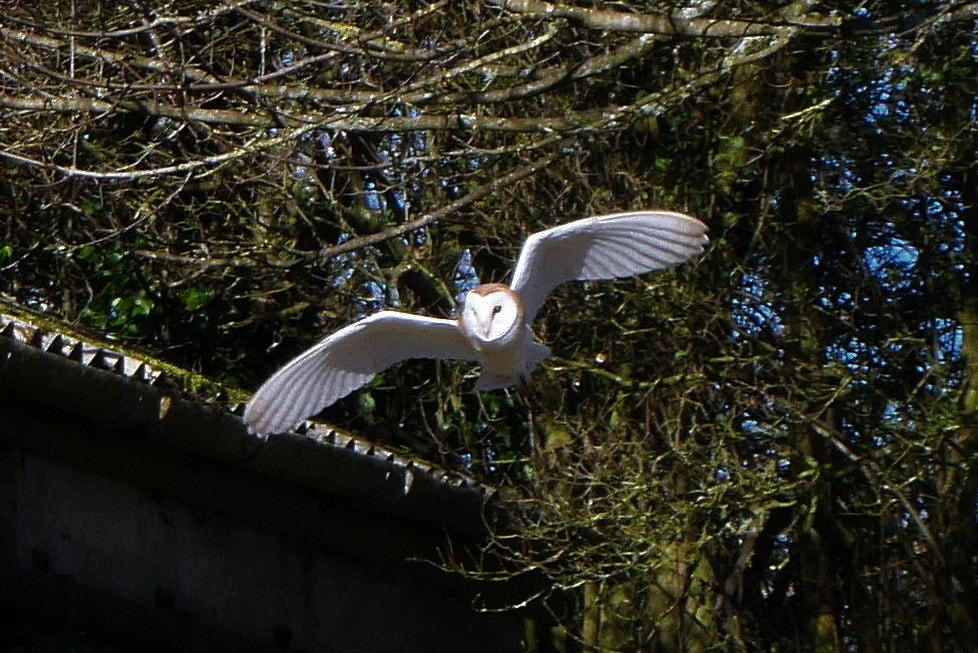
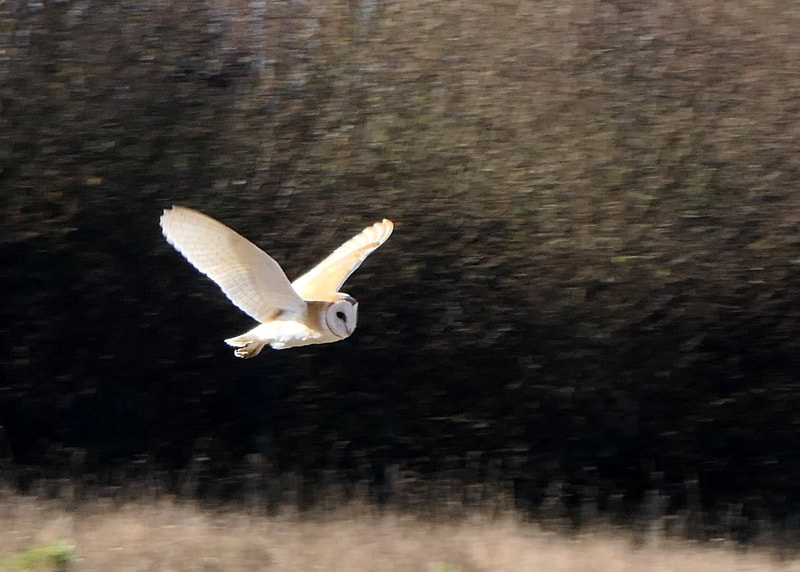
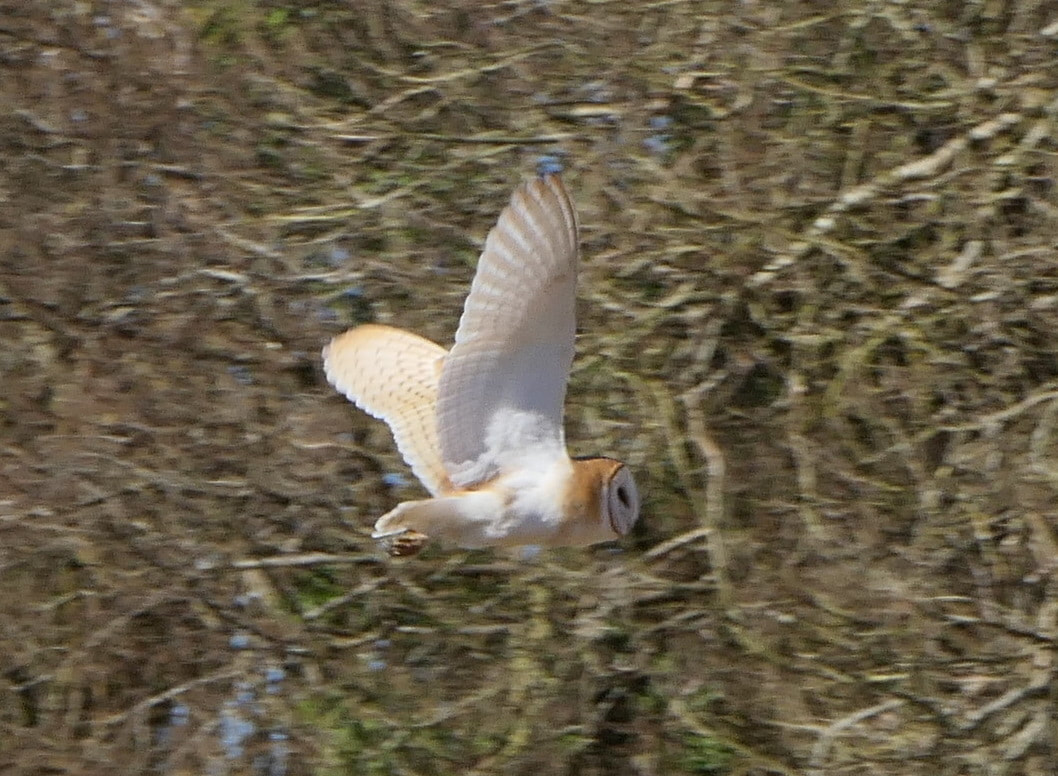
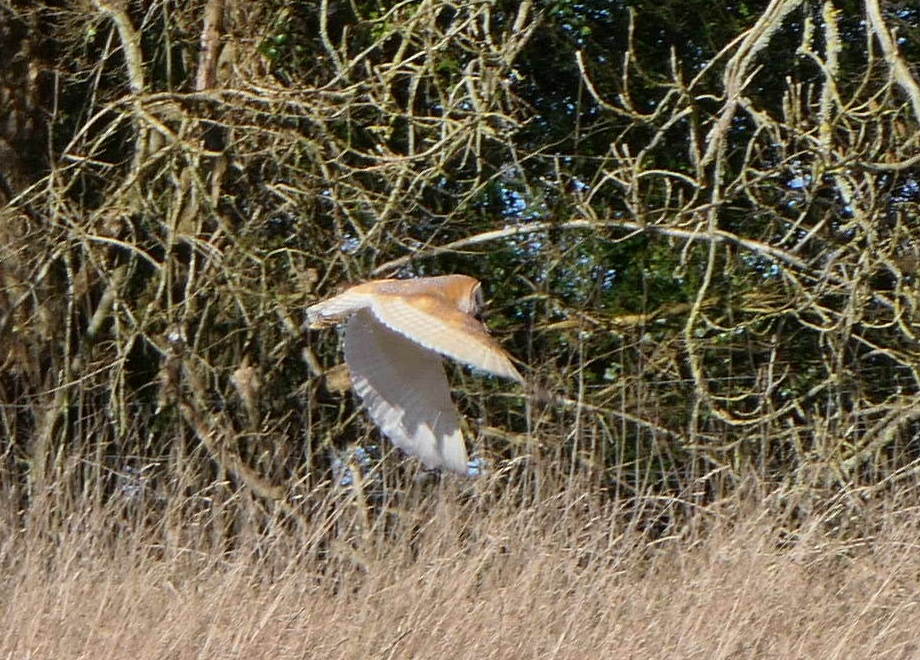
 RSS Feed
RSS Feed